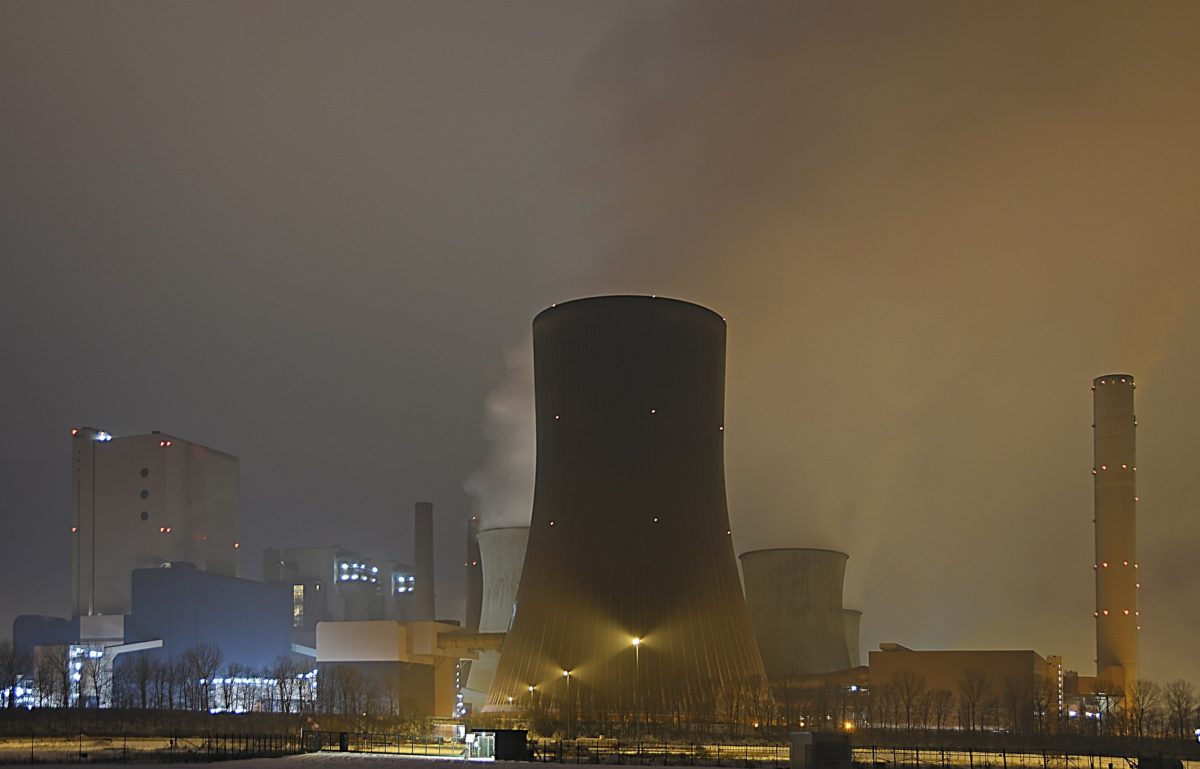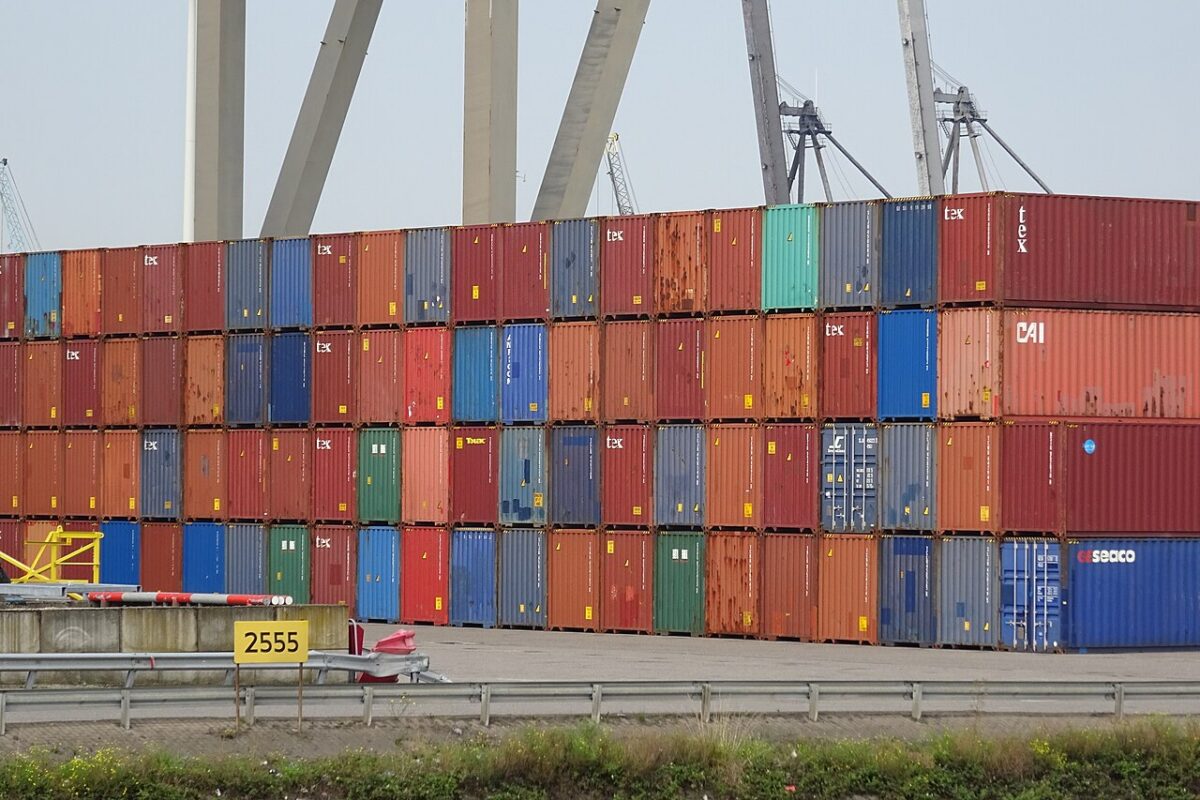French newspaper Le Journal du Dimanche on Sunday published the draft of France’s new energy strategy, the “Programmation pluriannuelle de l’énergie” (PPE) which envisages a further commitment to nuclear power by revising the previous government's pledge to cut nuclear generation from around 75% today to 50% by 2025.
According to the leaked roadmap – yet to be approved by parliament – the government intends to maintain the current share of nuclear for another 10 years. In the document, the French government says it is planning to build reactors to generate power for between €60 and €70 per MWh from 2021 to 2025.
Xavier Daval, Chair of SER-SOLER, the solar commission of French renewable energy association SER, told pv magazine the leaked plans may compromise the country’s chances of investing in the future, and participating in the strong momentum of green growth the planet expects.
“Today, France is the only country in the world with such a high share of nuclear power,” Mr. Daval said. “If the French government will maintain the status quo for another decade, our country will be at risk of energy isolationism, while remaining prisoner of an energy system that the world does not envy.”
Next generation would have to solve nuclear problem
Mr. Daval accepted nuclear power has been a large source of jobs in France for decades and has delivered the cheapest electricity in Europe, but said he believes it is now becoming commercially unviable, as the market for the technology dwindles to “safe” countries, in the face of rising public opposition around the world.
A further commitment to nuclear, Mr. Daval said, would mean diverting resources away from the energy transition. “Without open space in the domestic electricity mix, renewable energy players will have no more perspective, and will either have to reposition themselves outside France or disappear,” he said. “It would be absurd if France could exclude itself from the game. This exception would cost us not only economically, but also politically, at a time when Europe is slow, and prone to many tensions.”
Mr. Daval also believes France may miss the chance of positioning itself as a leading country in the growing global renewable energy market.
“By postponing this reduction [in nuclear generation], we are breaking the momentum of the energy transition to return to a ‘controlled’ deployment of renewables in France without any real prospects,” he added, “and we push further … the problem of dismounting nuclear plants to the next generations.”
Will EDF and Total row back on green commitments?
Rumors the French government was considering the postponement of a reactor phase-out spread after previous environment and energy minister Nicolas Hulot resigned live on air during a radio show in late August. At the time, the former TV star said: “I don’t want my presence in this government to be taken to mean that we are doing enough to tackle this challenge.
“On a challenge this serious, I find myself resigned to it every day, adapting to it a little more each day, even though the global situation with a planet that’s becoming a sauna requires us to change our scale, change our scope, change our thinking.”
If plans for more nuclear power plants are confirmed, the first victim may be the ambitious solar plan of state-owned utility EDF, which announced in December a 30 GW scheme to replace the eventual loss of nuclear capacity, and the environmental plans of oil giant Total, which revealed in June an intent to deploy 10 GW of solar capacity.
The existing PPE plan, initiated by former minister Ségolène Royal, is targeting 10.2 GW of solar this year, and 20 GW by 2023.
This content is protected by copyright and may not be reused. If you want to cooperate with us and would like to reuse some of our content, please contact: editors@pv-magazine.com.




In Germany and the UK, solar plants, in the UK even with storage, are being built without subsidies in markets with wholesaleprices below the 60 to 70 € per MWh mentioned for new built nuclear in France.
The regulated access price for competitors to purchase power from the existing nuclear plants (ARENH) for 2018 is set at 48 €/MWh. That is higher than the lowest tendering bids for solar and wind in Germany. The Danish government set the production cost for onshore wind at 40 €/MWh.
I don’t see how a country could decide to continue not even the existing nuclear power under these circumstances.
Did the French government ever really say they were going to reduce nuclear power production? Reducing the share of nuclear production from 75 to 50 % could also be reached by increasing the consumption of power by 50 %. For instance by increasing the use of electricity in transport both private cars and a further switch from flights to trains. Why not electric shipping?
The increased risk of blackouts as a result of the technical issues in the nuclear plants in France and Belgium have pushed wholesale market prices through the roof., thus stimulating export of coal and lignite power from Germany but also vastly reducing the need for FIT-support in Germany. Even to the point that a recently built PV-plant in Germany didn’t need any support anymore as its production cost bid was lower than the current power market price. The result is an increasing several billion surplus on the FIT-account in Germany in spite of an increasing exemptions of FIT-contributions by industries in Germany.
Blablabla read the GIEC report for once maybe.